Treatment Options
We Fix
Crooked Teeth
Unleash a beautiful smile, new confidence, and improved oral health with teeth straightening treatments designed for adults. We offer treatments that fit your busy lifestyle, so you can enjoy a healthy, beautiful smile for many years to come.

Options for
Adult Orthodontics
Long gone are the days when clunky metal braces provided the only path to a straight, beautiful smile. Thanks to modern advances in orthodontics, we now offer a variety of treatment options that eliminate the stigma that once surrounded adult orthodontics.
For adults with complicated smile issues, we offer smaller, less noticeable metal braces. For adults who aren’t candidates for traditional treatments or prefer a faster timeline, we offer the revolutionary Wilckodontics treatment. And for adults who want a simple treatment that doesn’t impact their daily lives, we offer clear aligners by Invisalign. With a wide variety of available options, we’ll help you identify the treatment that fits your lifestyle best and delivers a smile you’re proud to show off.
Benefits of
Orthodontic Treatment
The confidence that comes from a beautiful smile is only one of the many benefits you’ll enjoy after your orthodontic treatment.
Straight teeth are also less susceptible to gum disease, tooth decay, and jaw problems. With adult orthodontic treatment, you can enjoy a beautiful smile and better oral health for life.


